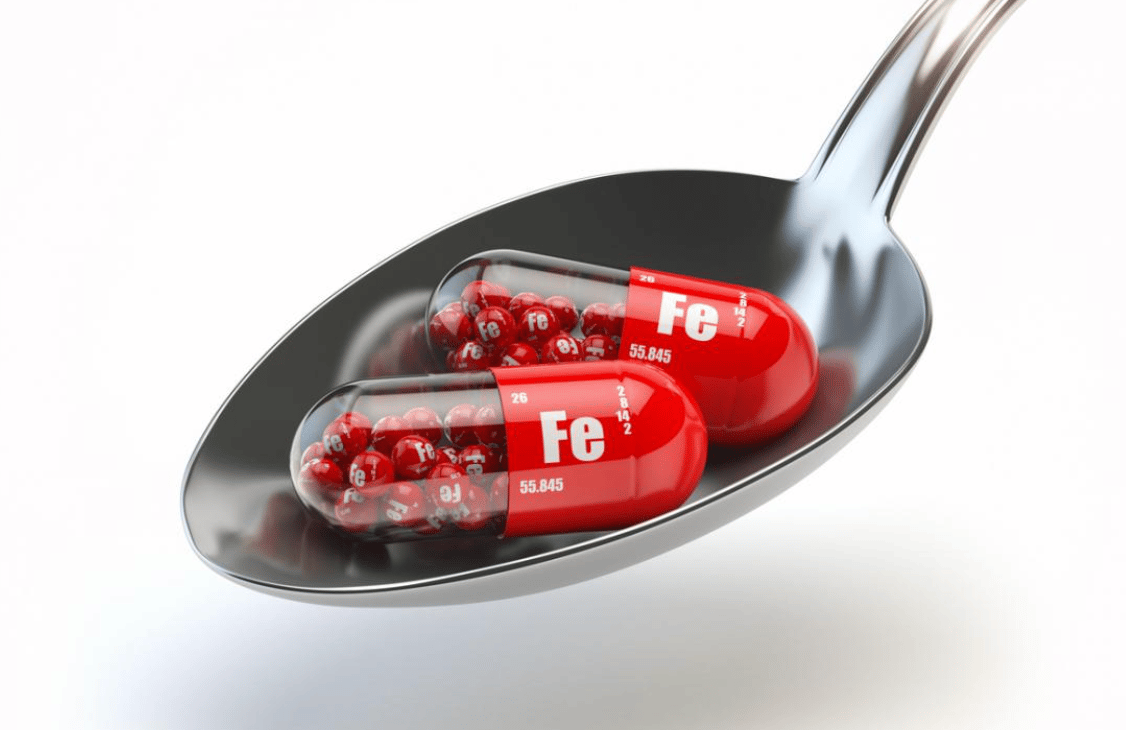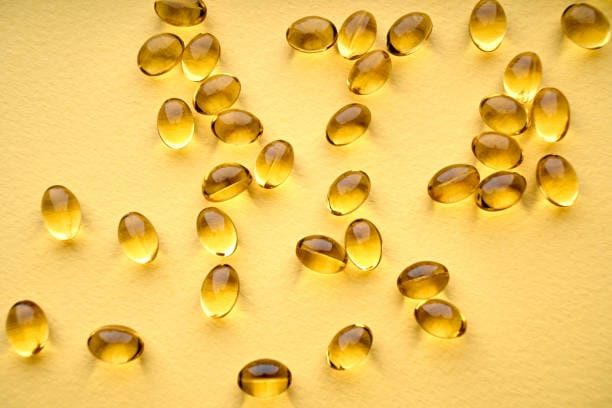- Aeviva
- Posts
- 5 Supplements That Can Be Dangerous When Taken Incorrectly
5 Supplements That Can Be Dangerous When Taken Incorrectly
Even essential vitamins and minerals can harm your health if not taken properly. Learn how to stay safe.
Supplements are often seen as harmless additions to our daily routine, boosting health and filling nutritional gaps. But did you know that even essential vitamins and minerals can turn dangerous when taken incorrectly? Overdosing, combining the wrong supplements, or ignoring your body’s unique needs can lead to toxic effects, severe health risks, and even long-term damage.
Here’s a closer look at five supplements that require extra care—and what you need to know to use them safely.

Eat healthier. Live better.
Save hours planning, shopping, and cooking like millions of other Americans already shopping with Hungryroot.
Healthier and tastier customized meal plans mean you can achieve your goals on your terms. More veggies? Less sodium? Hungryroot has you covered.
Not sure where to start? Take the quick and easy quiz to get customized recommendations you'll love. Hungryroot is even throwing one free item plus 30% off your 1st delivery if you take the quiz today.
Vitamin A:
Vitamin A is crucial for vision, skin health, and immune function, but high doses can be dangerous, particularly for pregnant women.
How It Becomes Toxic:
Excessive vitamin A (above 10,000 IU daily) accumulates in the liver, leading to acute or chronic hypervitaminosis A.
Symptoms include headaches, dizziness, nausea, and even liver damage.
Special Risk:
During pregnancy, excess vitamin A is teratogenic, meaning it can cause birth defects in the fetus. Pregnant women should avoid supplements with high doses of preformed vitamin A (retinol).
💡 Pro Tip: Stick to food sources like carrots and sweet potatoes, which contain beta-carotene—a safer, non-toxic form of vitamin A.
Iron:
Iron is essential for oxygen transport in the blood, but too much can lead to severe complications, especially in children.
How It Becomes Toxic:
Acute iron overdose (common in children accidentally ingesting supplements) can cause iron poisoning, leading to vomiting, abdominal pain, organ failure, and even death.
Chronic overload, often from genetic conditions like hemochromatosis, causes iron to build up in organs, leading to liver damage, heart disease, and diabetes.

Safe Practices:
Adults should avoid exceeding 45 mg per day unless prescribed. Always store iron supplements out of children’s reach.
Calcium:
Calcium supports strong bones and teeth, but excessive intake can cause more harm than good.
How It Becomes Toxic:
Doses above 2,000 mg daily can lead to hypercalcemia, a condition characterized by kidney stones, constipation, and confusion.
Long-term high calcium intake may also increase the risk of cardiovascular issues by causing calcium deposits in arteries.
💡 Did You Know? Calcium from food is generally safer than supplements. Pair it with vitamin D for better absorption.
Vitamin D:
Vitamin D is crucial for bone health and immune function, but high doses can become toxic.
How It Becomes Toxic:
Chronic overdose (over 10,000 IU daily) leads to vitamin D toxicity, which causes dangerously high calcium levels in the blood (hypercalcemia).
Symptoms include nausea, kidney damage, and, in severe cases, calcification of soft tissues like the heart and lungs.ž

Who’s at Risk?
People taking high-dose supplements without monitoring blood levels are most at risk.
💡 Tip: Aim for 600-800 IU per day unless prescribed otherwise by a doctor.
Selenium:
Selenium is an antioxidant mineral that protects cells, but too much can cause harm.
How It Becomes Toxic:
Doses above 400 mcg daily can lead to selenosis, which causes symptoms like brittle hair and nails, fatigue, and neurological damage.
In severe cases, selenium toxicity can result in respiratory distress and organ failure.
Safe Practices:
Avoid combining multiple selenium-rich supplements (like multivitamins and hair-growth products). Stick to natural sources like Brazil nuts—one nut provides nearly your daily recommended intake!
Individualized Supplementation: The Key to Safety
While these supplements can be harmful in excess, they’re still essential for health when taken correctly. Everyone’s needs are unique, and factors like genetics, age, and medical conditions can influence how your body processes vitamins and minerals.
💡 Pro Tip: Consult with a healthcare provider to tailor your supplement regimen to your specific needs and avoid unnecessary risks.

💡 Fact: A single Brazil nut contains up to 90 mcg of selenium, nearly double the recommended daily intake for some people. Small changes in diet can make a big difference in supplementation needs!
Supplements are powerful tools for improving health, but they must be used wisely. Understanding the risks of overdose and toxicity is essential to ensure you’re benefiting from these nutrients without putting your health at risk.
By staying informed, consulting professionals, and following recommended guidelines, you can safely incorporate supplements into your routine and enjoy their full benefits.
Take-Home Message
Vitamin A: High doses can cause liver damage and birth defects.
Iron: Overdose can be fatal, especially in children.
Calcium: Too much leads to kidney stones and calcified arteries.
Vitamin D: Excess causes dangerous calcium levels in the blood.
Selenium: Over-supplementation causes brittle nails, fatigue, and toxicity.
💡 Rule of Thumb: Always follow dosage recommendations and consult a healthcare professional before starting any supplement regimen.


Reply